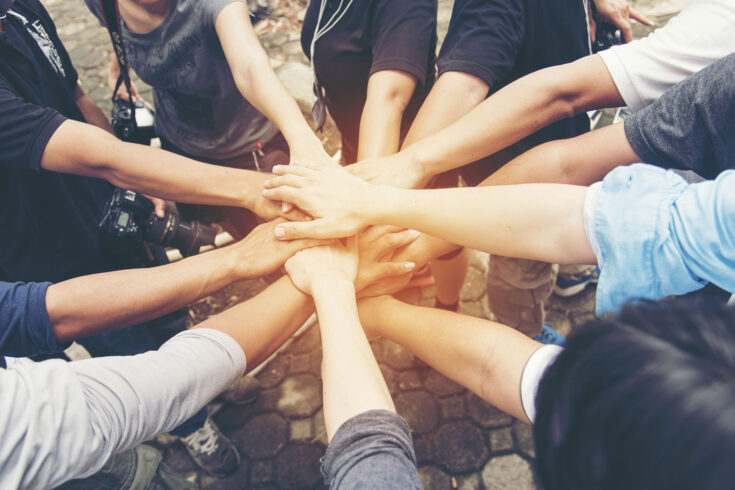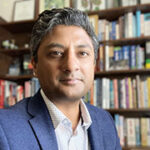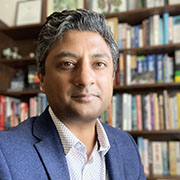We’ve braved the belly of the beast, we’ve learned that quiet isn’t always peace, and the norms and notions of what just is isn’t always just-ice.
Excerpt from ‘The Hill We Climb’ by Amanda Gorman.
This has been a period when COVID-19 has affected every grain of our society. It has exposed deep fissures of social inequality and injustice, across the UK and globally. It is very much one face of the ‘beast’ Amanda Gorman calls out in her poem.
As we collectively emerge from the pandemic, it remains to be seen how open and inclusive our public spaces, libraries, museums, and high streets will be in the longer run.
We know that the role of research is central to getting our next steps right. UK Research and Innovation’s (UKRI) CEO Professor Dame Ottoline Leyser has shown that UK’s research and innovation ecosystem is more than a sum of its parts.
We have a vast array of impactful, publicly funded and research-led efforts, that:
- bridge many sectors and disciplines
- collaborate with industry
- invest in building skills and partnerships.
Collaboration and opening borders
I have taken a leave of absence from the Institute of Development Studies, at the University of Sussex. I start in the role of Director of Research, Strategy and Innovation at the Arts and Humanities Research Council (AHRC).
I find it particularly meaningful that AHRC’s vision and strategy are predicated upon collaboration and opening borders. Not least across academic disciplines, but importantly, also across to industry and the drivers of innovation outside academia.
In charting how research councils can bring down their borders, I turn to Professor Christopher Smith’s thoughtful words:
In many languages, the word for science is inclusive, as it was in the original Latin, where scientia meant knowledge or expertise.
To see this in action, have a look at Alexandra Vincent’s summary of what has been a remarkable year of success for AHRC, its people and a variety of collaborators. Notwithstanding the incredibly tough personal circumstances brought about by the lockdowns and hybrid working.
Bringing scientific wonder into everyone’s grasp

Credit: Edwin Tan, Getty Images
Ours is a deeply connected and global society. The local speaks to the very global in as many ways as our day-to-day lived and felt experiences vary across genders, from place to place, person to person.
It is important our research endeavours seek evidence on how our varied histories and heritage, our everyday experiences, and our imaginations about our futures, shape:
- societal
- ecological
- technological development
- our wellbeing.
It matters how inclusive the opportunities are, and how fair the outcomes will be. It matters also how we evaluate our progress.
We can of course over-evaluate without necessarily taking stock of our successes or learning from our failures. Or even being able to take that crucial step back to assess where we are heading in the long run.
But in evaluating success, we must, using Robin Ince’s words, bring scientific wonder into everyone’s grasp. This is why the arts and the humanities are integral to a healthy research and innovation ecosystem.
Valuing each other’s and our own place in society
Ultimately, the challenge of configuring a research ecosystem to open the borders that silo us is about shaping how we value each other’s and our own place in society.
Rather than accepting the status quo as ‘just is’, in the spirit of Amanda Gorman’s words, tackling this challenge is something we must ‘just do’.
It is a wonderful team at AHRC, with many new faces and exciting new programmes. Meet AHRC’s new directors. I am excited to meet this challenge as part of this team.
Top image: Credit: howtogoto, Getty Images




